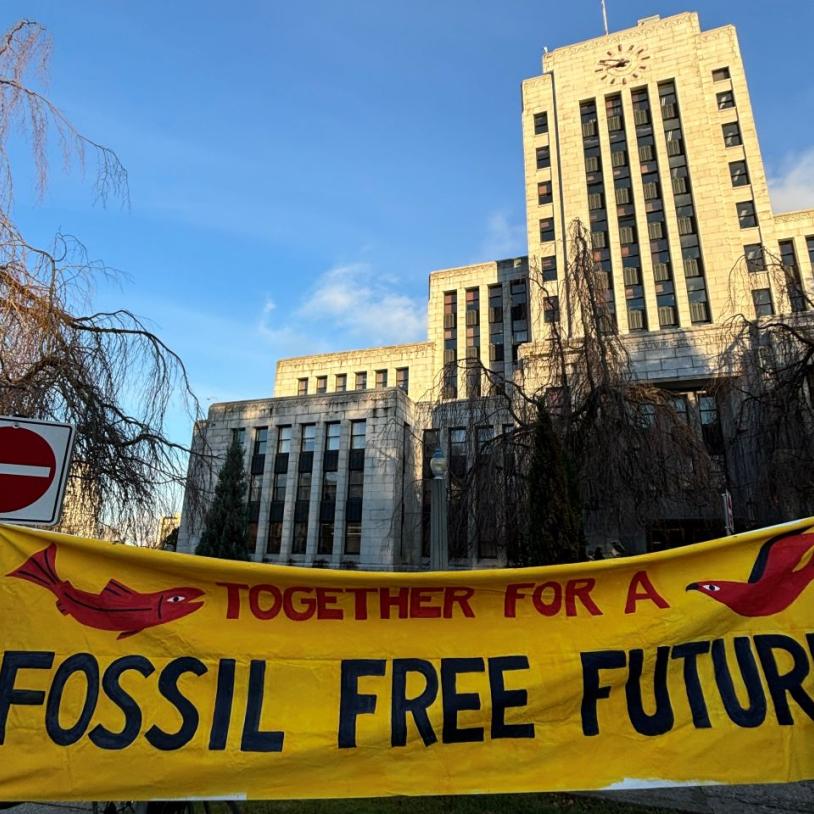Commission ruling leaves private power producers crying a river
Thursday, August 20, 2009
After examining the evidence from almost a full year of hearings, the government's own independent regulatory body determined that the LTAP was "not in the public interest."
Without a doubt, the BCUC ruling represents a fundamental challenge to the government's energy plan, which called for the province to achieve energy "self-sufficiency" and "insurance" of supply through the purchase of large quantities of electricity. To realize these objectives, the plan prohibited BC Hydro from generating any new sources of energy (excluding Site C, presently part of a five-year review process) and, instead, directed its Crown utility to negotiate long-term Energy Purchase Agreements with private power producers.
To date, BC Hydro has negotiated more than $30 billion in contracts -- the specific terms and conditions guarded in secrecy -- to purchase electricity for the province at rates that dramatically exceed market prices ($80 to $125 per megawatt hour).
The result has been a manufactured competitive energy market and soaring electricity costs for residential consumers.
Not surprisingly, following the May provincial election, the Liberal government interpreted their third consecutive leadership win as a licence to proceed in their plans to privatize BC's electricity sector -- despite widespread opposition by community and environmental groups, first nations, and tens of thousands of citizens.
John Calvert, Simon Fraser University professor and author of Liquid Gold: Energy Privatization in British Columbia, remarked that the BCUC decision raises legitimate concerns about the government's unrealistically high projections of future electricity requirements and its direction to BC Hydro to meet these projections by purchasing more and more electricity from private power developers.
"The government should not be forcing ratepayers to subsidize the construction of private power projects by requiring BC Hydro to sign outrageously expensive long-term energy purchase agreements," Calvert said.
Ultimately, the provincial government will need to seriously examine the content of the BCUC ruling with respect to their energy policy.
Essentially, they are left with two options: either accept the decision of the Commission and concentrate their efforts on conservation and public renewable energy projects that are needed, or disregard their own independent regulatory body altogether in order to further advance their privatization agenda. As a government elected by the people of this province, one can only hope that that they will act -- as the BCUC has -- in the public's interest.
Melissa Davis is the executive director of BC Citizens for Public Power.





